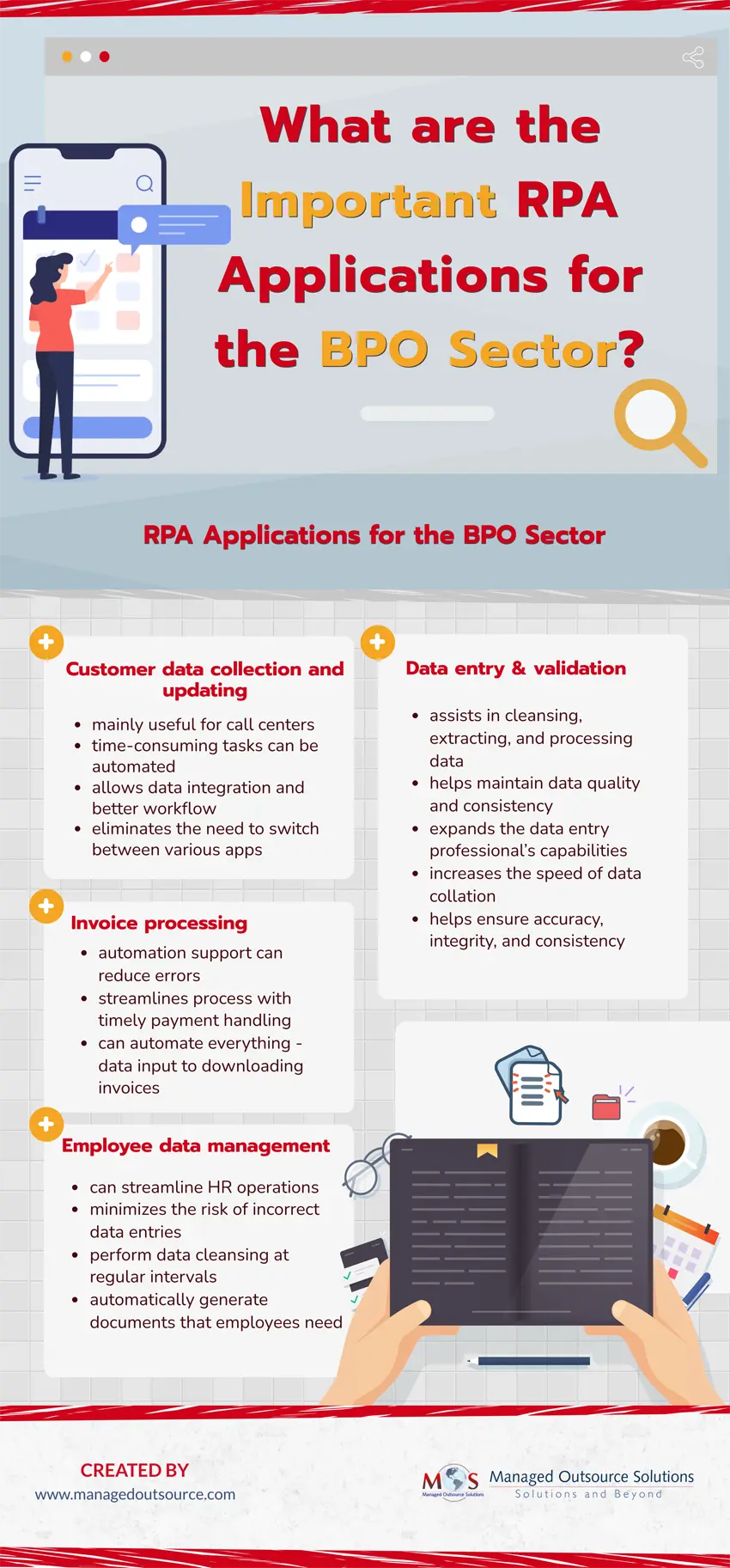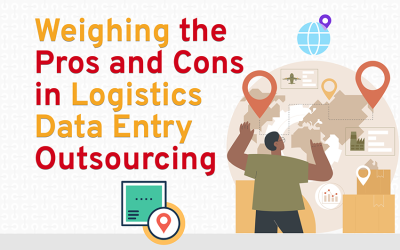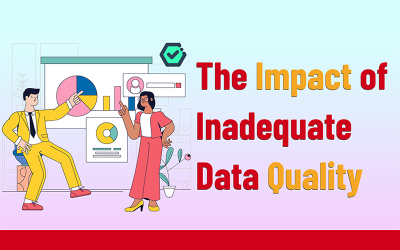RPA or robotic process automation that combines artificial intelligence (AI) and automation is designed to perform rule-based, routine and repetitive tasks. Just as for any other business, RPA services provide BPO firms the capability to remain competitive. The BPO sector has to handle routine, rule-based tasks and can successfully perform such tasks by integrating RPA into their processes. A recent Grand View Research report has predicted that the global robotic process automation market size that was valued at USD 1.89 billion in 2021, is expected to expand at a compound annual growth rate (CAGR) of 38.2% from 2022 to 2030. Key factors that are predicted to boost the market growth are – the need to optimize operations to gain improved productivity and generate maximum returns, integration of the latest technologies, and changing business processes across enterprises. RPA software can analyze large amounts of data with computing, which leads to flexibility, cost reduction, timely execution, and transparency in any process.
BPOs can use RPA to boost productivity, increase operational efficiency, improve data accuracy, improve the customer experience, enhance data security, and boost cost efficiency. While humans work on jobs that specifically require their skills, robots can easily handle the most time-consuming tasks such as data entry, copy paste tasks between business systems and more. Rule-based tasks can be performed more accurately and quickly with automation.
Check out the infographic below:
|
Read our blog |





